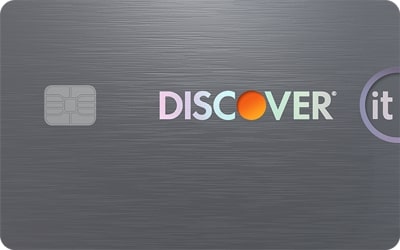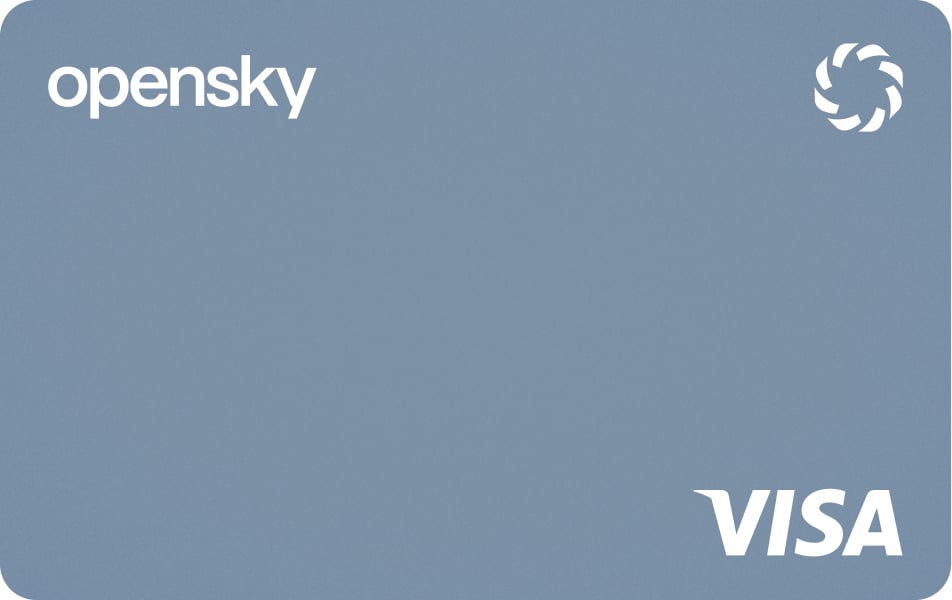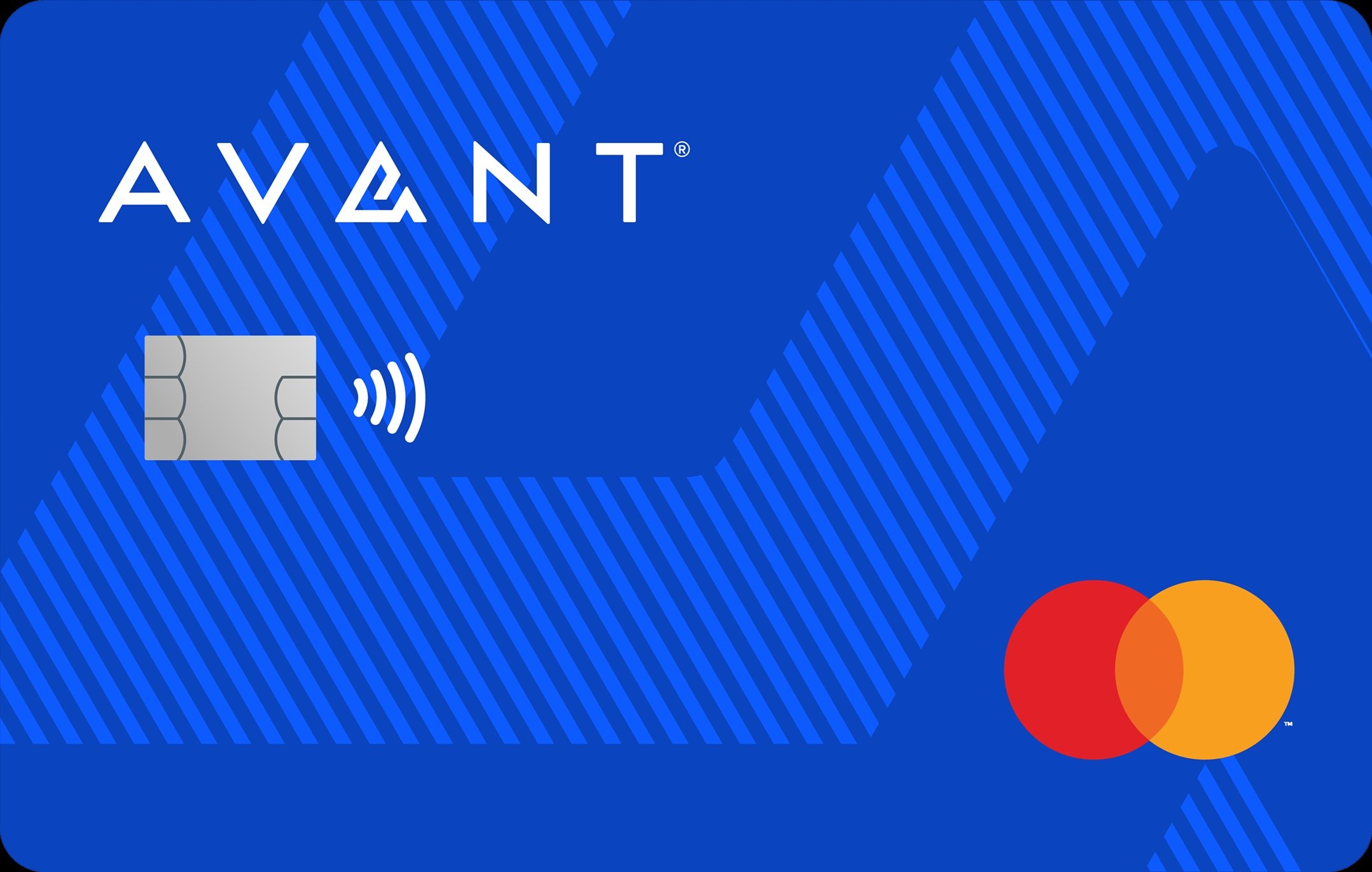Citi Secured Review: Decent for Building Credit and Moving On
The Bottom Line
4.8
If you have no credit or limited credit, this card is a good choice: It reports to all three major credit bureaus and comes with no annual fee.


Rates, fees and offers
Rates, fees and offers
Annual fee
$0
Rewards rate
N/A
Bonus offer
None
Intro APR
N/A
Ongoing APR
APR: 26.74% Variable APR
Cash Advance APR: 29.49%, Variable
Penalty APR: Up to 29.99%, Variable
Balance transfer fee
3% of each balance transfer; $5 minimum.
Foreign transaction fee
3%
More details from Citibank
More details from Citibank
- The Citi® Secured Mastercard® is a no annual fee credit card that helps you build your credit when used responsibly.
- Unlike a debit card, it helps build your credit history with monthly reporting to all 3 major credit bureaus. Once available, you will also have free access to your FICO score online.
- Use your card anywhere Mastercard® is accepted - worldwide.
- A security deposit is required. Once approved, your credit limit will be equal to your security deposit (minimum of $200).
- Get help staying on track with Auto Pay and account alerts.
- With Flexible Payment Due Dates, you can choose any available due date in the beginning, middle or end of the month.
- Manage your account 24/7 online, by phone, or in our mobile app.
Pros and Cons
Pros
Qualify with limited/bad credit
Cons
High APR
No rewards
Detailed Review
The Citi® Secured Mastercard® is a little different from other secured credit cards: It's designed specifically for those with no credit or limited credit, not bad credit. If you're eligible, it's not a bad choice, since it has minimal fees and reports to all three major credit bureaus. It can help you establish good credit if you use it to borrow responsibly and pay on time.
But compared with its chief competitors, it falls slightly short. Consumers with thin or no credit who aren't tied to Citi will likely be better off choosing a different credit card.
Key features of the Citi® Secured Mastercard®
Card type: Secured.
Annual fee: $0.
Security deposit: $200 minimum, $2,500 maximum.
Sign-up bonus: None.
Rewards: None.
Interest rate: The ongoing APR is 26.74% Variable APR.
Compare to Other Cards
Benefits and Perks
No annual fee
Unlike some secured cards on the market, this one charges an annual fee of $0. While you have to provide a security deposit of at least $200 to open the card, that money will be returned to you as long as you close the card in good standing.
That makes it preferable to many unsecured cards that target people with no credit and pile on outrageous fees — annual fees, monthly fees, service fees, program fees and more.
Reports to all three credit bureaus
If you make on-time payments each month, they will be reported to the three major credit bureaus — Equifax, TransUnion and Experian — and allow you to build your credit history over time. Then you will be able to apply for other credit cards that require good to excellent credit and come with rewards and other perks.
There is a potential upgrade path
With the Citi® Secured Mastercard®, your account will be automatically reviewed within 18 months of opening to determine if you're eligible to have your deposit returned early and continue using the card as an unsecured card. Many secured cards require you to close your account in order to get your security deposit back, which can lower your credit scores, so this is a big perk. Still, 18 months is a long time to wait to get upgraded to an unsecured card, and other cards begin reviewing accounts well before that.
Drawbacks and Considerations
Not available to applicants with bad credit
If you have bad credit (typically, FICO scores below 630), you likely won't qualify for the Citi® Secured Mastercard®. You also might not qualify with certain negative marks on your credit report. This card requires, for example, that you not have experienced bankruptcy in the past two years.
Bad credit isn't an obstacle for qualifying for other good secured cards, including the $0-annual-fee Discover it® Secured Credit Card. This card also requires at least $200 for a security deposit, but Discover starts automatically reviewing your account at seven months to see whether you qualify for an upgrade. If you get upgraded, you can continue to use your card, and your security deposit will be refunded.
Requires a security deposit
A security deposit is standard for cards geared toward people with bad credit. But if you instead have thin or fair credit (generally, FICO scores between 630 and 689), you have some additional options that don't require a deposit. The Chase Freedom Rise® was also designed for credit newcomers and doesn't require a security deposit. Plus, as of this writing, you'll also receive a $25 statement credit once you enroll in automatic payments within the first three months.
If you're in college, a student credit card might be a better option for you. Student cards generally don't require a security deposit, and many offer more robust rewards on everyday purchases like groceries, dining out and gas.
Deposit needs to be funded relatively quickly
This card requires a security deposit of at least $200. That's also fairly standard among secured cards. But it needs to be paid within 14 days of opening the account. If that's inaccessible for you, the Capital One Platinum Secured Credit Card offers more flexibility. Depending on your credit, you may qualify for a security deposit of $49, $99 or $200, which you can pay in installments within 35 days of approval. The annual fee is also $0.
You won't earn rewards
If you're looking to build your credit, earning rewards shouldn't be your first priority. And the Citi® Secured Mastercard®'s lack of rewards certainly isn't a dealbreaker. But quite a few of its competitors do offer rewards, even if you have bad credit. For example, the Discover it® Secured Credit Card earns 2% cash back at gas stations and restaurants on up to $1,000 in combined purchases each quarter. All other purchases earn 1%. Meanwhile, the Chase Freedom Rise® earns 1.5% back on everything.
For other options, see our roundup of the best secured credit cards, as well as NerdWallet's best credit cards page.
How To Decide If It's Right For You
If you are looking for a card to help you build your credit, the Citi® Secured Mastercard® is a solid choice. After months of on-time payments and responsible use, you might be able to qualify for a card with more benefits. But if you have bad credit or want more robust rewards, you'll likely fare better with a different card.
• • •
Information related to the Chase Freedom Rise credit card has been collected by NerdWallet and has not been provided or reviewed by the issuer of this card.
Looking For Something Else?
Methodology
NerdWallet reviews credit cards with an eye toward both the quantitative and qualitative features of a card. Quantitative features are those that boil down to dollars and cents, such as fees, interest rates, rewards (including earning rates and redemption values) and the cash value of benefits and perks. Qualitative factors are those that affect how easy or difficult it is for a typical cardholder to get good value from the card. They include such things as the ease of application, simplicity of the rewards structure, the likelihood of using certain features, and whether a card is well-suited to everyday use or is best reserved for specific purchases. Our star ratings serve as a general gauge of how each card compares with others in its class, but star ratings are intended to be just one consideration when a consumer is choosing a credit card. Learn how NerdWallet rates credit cards.
Frequently asked questions
How long will it take for the Citi Secured card to improve my credit?
How long will it take for the Citi Secured card to improve my credit?
Exactly how long it takes to improve credit varies, but significant improvements can be visible after six months. The Citi® Secured Mastercard® reports account activity to all three credit bureaus (Equifax, TransUnion and Experian). Pay your bill on time and keep your balances fairly low, and you'll build your credit.
Can I get the Citi Secured card if I have bad credit?
Can I get the Citi Secured card if I have bad credit?
Probably not. This card is designed primarily for people with no credit or limited credit, rather than those with damaged credit because of past missteps or certain negative marks, like a bankruptcy in the past two years.
How much of a deposit do I need to open a Citi Secured card account?
How much of a deposit do I need to open a Citi Secured card account?
You can put down as little as $200 for the deposit, or as much as $2,500. Your credit limit will match your deposit.
How soon do I have to pay the deposit on the Citi secured card?
How soon do I have to pay the deposit on the Citi secured card?
You must pay your deposit (of at least $200) within 14 days of opening the account.
How quickly can I upgrade the Citi Secured card to an unsecured card?
How quickly can I upgrade the Citi Secured card to an unsecured card?
After 18 months, your account will be reviewed, and Citi may decide you’re eligible to get your deposit back. If you are, you can continue using the card as an unsecured card.
About the author

Kimberly Palmer
Senior Writer/Spokesperson


